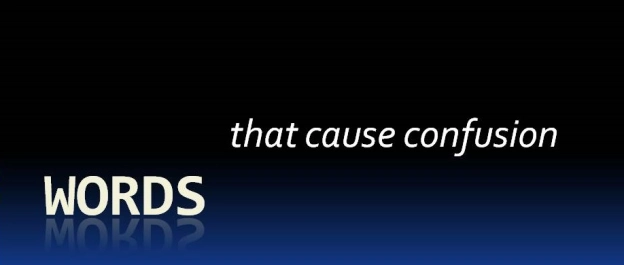Both fictional and fictitious refer to something that is imagined or invented. According to Merriam-Webster’s online dictionary, fictitious “implies fabrication and suggests artificiality or contrivance more than deliberate falsification or deception”; an example given is ‘fictitious characters.’ (However, another example given for the same entry is: “She gave a fictitious address on the application.” That seems like ‘deliberate falsification’ to me!) (Fictional, according to Merriam-Webster, is “not real and existing only in the imagination.”)
Either adjective can be used in reference to a work of fiction, and neither necessarily connotes an intention to deceive or defraud. (In contrast, deception is intended when using words such as counterfeit, impostor, and sham.)
A fictitious name is an assumed name you adopt for your business that is different from your personal name. A fictional character is an imaginary person represented in a work of fiction. Fictitious is the broader of the two words. Use fictional when discussing a work of fiction (novel, play, film, story); fictitious can refer to such works, and it can also refer to other fabricated and invented identities.
fictional
The author created a fictional universe as the setting for her novels.
The fictional characters in this classic film are both memorable and endearing.
fictitious
A corporation is a fictitious entity created by law.
The agent uses a fictitious name for undercover activities.

